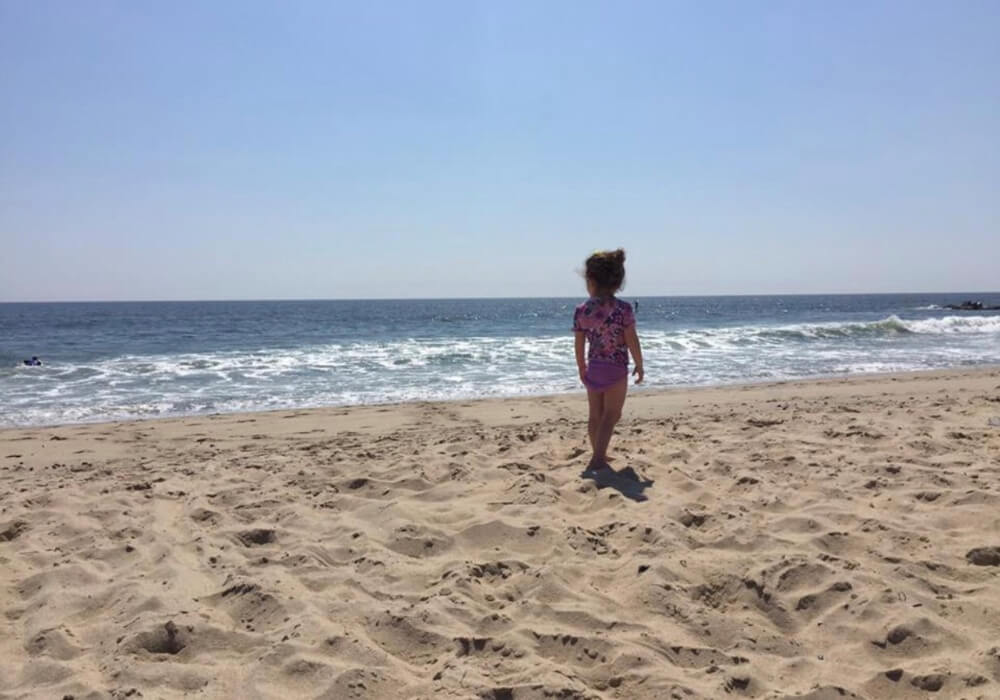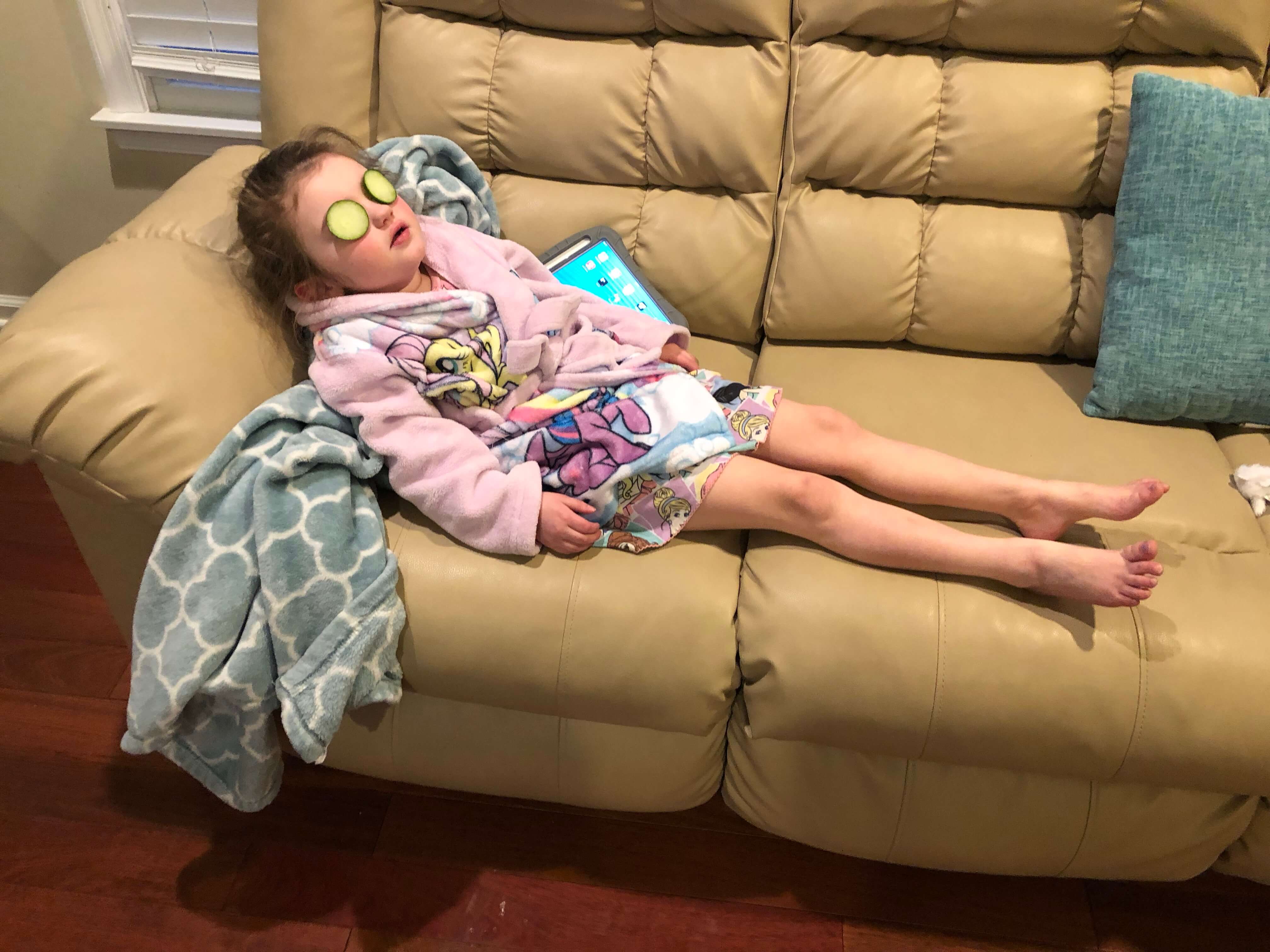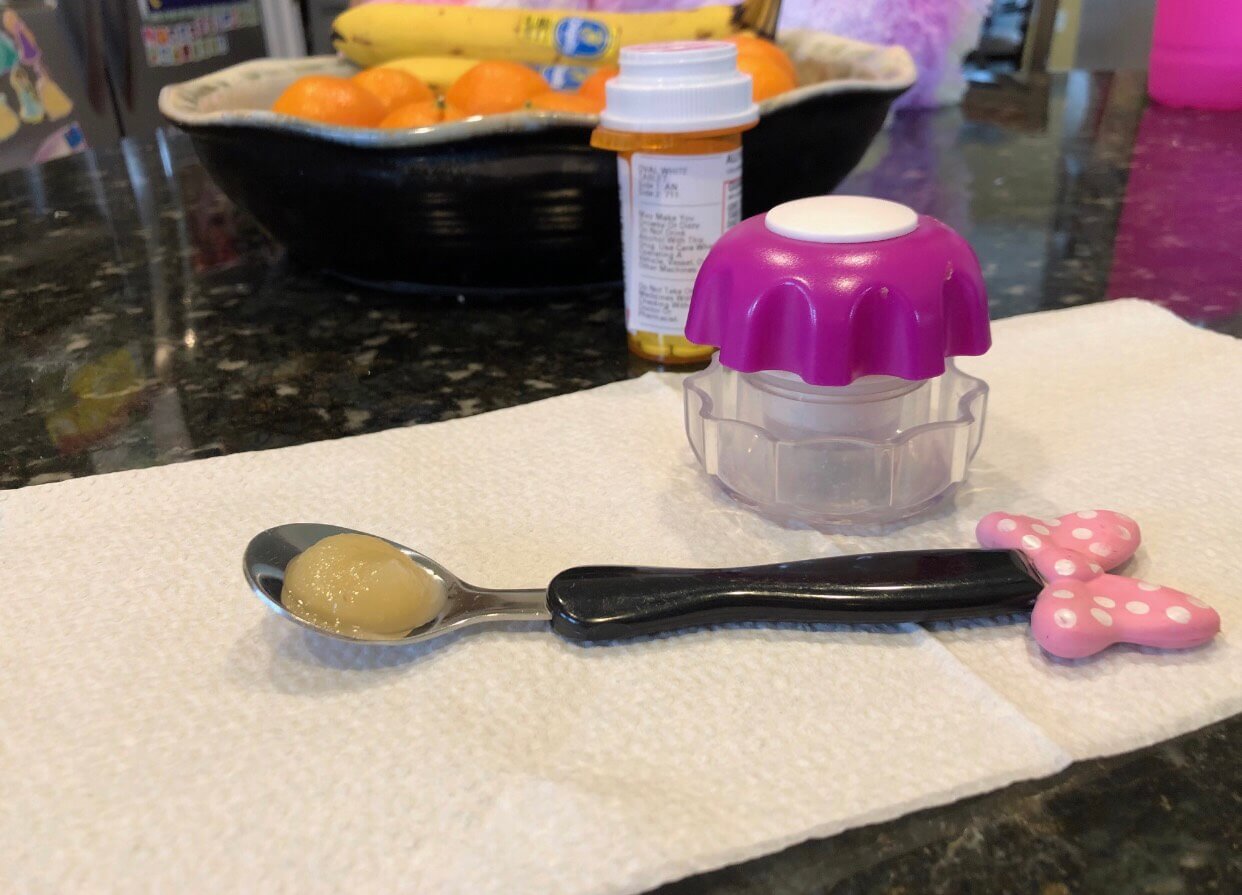Why I Medicated my Toddler

There is a stigma that comes with medication. An infamy that fills us with fear, guilt, and avoidance.
I am the first to admit that I explored every possible avenue. Prescription drugs weren’t even up for discussion when it came to our daughter.
The first person who offered my child medication was a neurologist.
He told me she needed to calm down and offered a small dose of Clonidine. But I declined. Why would I medicate a 2-year-old?
Then, an interim psychiatrist who did a full evaluation that we needed for school, claimed that she had severe attention and sensory issues that hindered her ability to function.
I definitely agreed on that but not to give my 3-year-old Ritalin. Again, I declined.
I couldn’t believe that people were pushing me to medicate my toddler.

Instead, I tried to detox for her constipation issues, changed her diet, removed dyes, used essential oils, nutritional supplements, and vitamins.
I tried CDB and every other natural remedy and organic alternative to pharmaceutical medication.
I even tried sticker charts, a toddler leash, and authoritative parenting techniques.
None of it made a noticeable or consistent impact. She still bolted to the street and struggled to focus on anything she wasn’t interested in.
It was after my own serious injury that left me in a walking boot during the summer of 2017 that forced me to reconsider.
Our Developmental Pediatrician, who was the first person to properly diagnose her and understand the true issues at hand, insisted we medicate her.
She was our golden ticket to services: Occupational Therapy, Speech, and Applied Behavior Analysis.
She told me it was for her safety.
That there were no side effects.
That this would improve her entire life, and ours.
Medication was going to give our daughter a chance to benefit from therapy, to socialize, and to remain safe. It would help her focus and improve her impulse control.
Our doctor said it genuinely.
This doctor didn’t take insurance or deal with insurance companies and restrictions or agendas, so why would she lie to me? There was no “big pharma” controlling her practice.
She was free to do whatever she wanted and she told me to try medication.
I looked at my foot and I imagined my daughter running into the street and I couldn’t catch her. Was it better for her to take a pill or get run over by a car?
My husband reminded me that medication was the only thing that worked for her brother. He brought me down memory lane: gluten-free diets, therapies, out of district schools. We agreed. It was time.
I remember the first day we medicated her with a non-stimulant for her Autism and ADHD symptoms. My anxiety was through the roof and guilt terrorized me.
Is this what it was going to take to keep her safe?
Crushing that first pill into a teaspoon of applesauce was harder for me to give than it was for her to take.

But immediately we noticed something remarkable.
She played with her toys.
Actually played with them.
She sat on the floor and acted out imaginative play with her dollhouse for hours. I mean hours.
Then, she watched a movie. An entire movie.
She did not cry for me to replay the same scenes on a loop. She sat and watched one movie!
She still bounced and danced around but she continued to focus on doing one thing at a time. Sometimes two. This was life changing for her.
It led to her playing appropriately with others, participating in therapy, and learning not to run into the road. All with prompting, of course.
Her language and comprehension finally flourished. She went from using small phrases and not answering questions to being able to have conversations more often.
Present day, she knows that she can threaten me with danger instead.
Like, “Mommy, if you do not buy me a happy meal, I will run into the dangerous road.”
Again, not perfect.
Her quirky little personality is still vibrant.
Every child is different.
My daughter is aware and consciously wants friends and socialization.
But her impulses and attention issues make it difficult for her to do so. Medication has helped take the edge off for her.
Is it a magic pill? Absolutely not.
It took a full four-weeks for her body to adjust.
We dealt with insomnia and increased anxiety for a while. They all subsided but sometimes return whenever we need to increase her dosage.
It’s more like a pharmaceutical life coach that encourages her to do the right thing and clears her mind so she can make her own decisions.
I’m not saying that they are always the right decisions.
Sometimes she makes mistakes.
Some days she melts down.
The meltdowns don’t go away.
Some days I worry that it is no longer helping. But then I notice the remarkable changes it has made on days when we miss a dose.
I’m not perfect, some days I forget. It’s the same as forgetting why you walked into a room.
I hate myself on those days because that is when I notice how much she struggles when she doesn’t have to struggle.
That was the point, to help her struggle less. To help her participate more.
If you are raising a child with ASD, Anxiety, or ADHD—you already know that everything is harder for them.
Everything from tying their shoes, to math, and making friends.
Sometimes these things are even impossible.
For some children, medication can help improve their lives.
My goal as a mother is to give my child the best life I can and I admit it— I need help.
For me, that help is medication in combination with therapy and reinforcement.

Written by, Mischief Momma
Mischief Momma has a 4-year-old daughter and 13-year-old stepson, both on the autism spectrum. She writes about the joys, humor, and struggles of raising children who are different, and navigating obstacles like childcare, education, and work. She published a collection of prose earlier this year called “Funny Little Girl” (available on Amazon). This mom is currently sitting at rock bottom trying to find her way back…TBD! Check out her blog at Mischief Momma.
Interested in writing for Finding Cooper’s Voice? LEARN MORE
Finding Cooper’s Voice is a safe, humorous, caring and honest place where you can celebrate the unique challenges of parenting a special needs child. Because you’re never alone in the struggles you face. And once you find your people, your allies, your village….all the challenges and struggles will seem just a little bit easier. Welcome to our journey. You can also follow us on Facebook, subscribe for exclusive videos, and subscribe to our newsletter.

